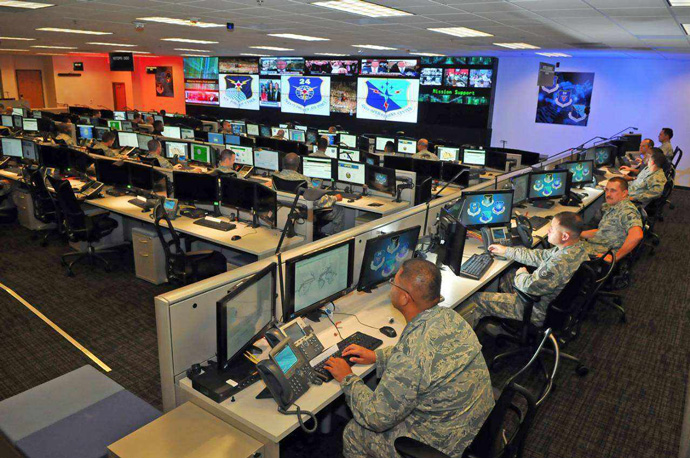United States Cyber Command
Recent cyberattacks have revealed our vulnerability
February 26, 2023
Espionage and information acquisition have been major aspects of international relations since humans first put pen to paper. And yet, with the boom in technology experienced in the last few decades, the ability of nations to spy on their neighbors and attain hordes of knowledge has skyrocketed upwards. And, crucially, it is not only governments but rogue groups and criminal organizations that now also possess the ability to harness the power of the internet.
On a national scale, the American people of the 21st century have borne the brunt of this skyrocketing, as part of a larger global population with exponentially increasing access to the internet. Today, the United States numbers among the top 20 countries in the world in terms of the number of cyberattacks it suffers yearly.
Worse still, cyberattacks are hardly ever limited to only governmental or military targets. Rather, as the aim in most breaches is to steal and secure as much data as possible and then proceed to sell or ransom that data, major cyberattacks in recent years have been striking civilian areas and infrastructure much more often.
The most recent, and perhaps the most significant example of this occurred on May 7, 2021, with the Colonial Pipeline ransomware attacks. The Colonial Pipeline, an oil transmission system delivering oil to large portions of the country, began to experience serious issues with its digital monitoring and management systems. The perpetrators were soon discovered to be the cybercriminal group DarkSide, who demanded nearly 5 million dollars worth of ransom money from the Colonial Pipeline Company. Already having been forced to put a pause on the operation of the pipeline as a result of the DarkSide disruption, the company agreed to pay the ransom. By May 9, the company had successfully negotiated with the cybercriminals and begun to restore its functionality. But in the meantime, a mass gas and fuel shortage had occurred. It took executive orders, declarations of emergency and the contributions of US senators to finally stem the tide of the shortage. The Colonial Pipeline attacks greatly underscored the United States’ need to develop substantial, rapid and effective infrastructural cyber attack response.
And yet this wasn’t the first, nor the only time the United States suffered such a large scale cyber attack of this sort. In 2013, Yahoo reported that their servers had been breached and up to 3 billion users’ personal information put at risk by hackers seeking to sell off said information. Throughout the 2010s, Apple and its subsequent products and services were affected by a series of breaches and exploits, aimed at attaining sensitive user information. And, famously in 2019, the software company SolarWinds was breached by attackers of malicious intent who proceeded to lay hands on extremely sensitive information regarding clients of SolarWinds – including clients like the Department of Homeland Security.
Substantial numbers of these attacks are perpetrated by groups of hackers who are sponsored or tolerated by modern governments. That is not to say that said governments themselves are not capable of launching their own cyber attacks. Among the countries with the most developed cyberwarfare programs in the world are such oft-belligerent names such as China, Russia and even the United States.
Citizens of the world have a foreboding future with relation to the cyber world ahead of them. Only time will tell what changes may arise in the future, but for now, the cyber domain remains a dangerous plain.
